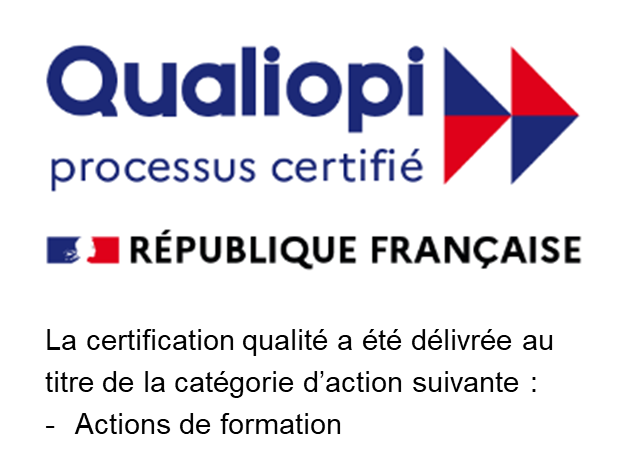IDEAL SUPPORT FOR RELOCATING PARTNERS NOT SEEKING EMPLOYMENT
Studies confirm that the number one cause of assignment failure is due to the inability of the mobile employee’s partner to adapt to their new environment.
It probably isn’t the first time you’ve heard that statement, and it definitely won’t be the last, but today we want to address a topic that is not always top of mind when it comes to partner assistance: Integration Support.
When discussing the topic of partner assistance, many employers think of job search support, which is an extremely important part of support that should be offered to partners relocating on assignment. According the NetExpat/EY Relocating Partner Survey, the majority of mobile employee’s partners/spouses were working prior to their assignment, but 44% of them were not. This is a huge percentage of the partner population that is being forgotten when an employer decides not to offer any support to those relocating partners who are not seeking employment.
While at first glance, it may not seem as complex for a relocating partner to navigate the in’s and out’s of their new daily life in a new location, (i.e. no work permits, job searches, interviews, and salary negotiations), don’t underestimate the need for all partners to feel supported when it comes to the importance of developing their own local network. When moving to a new place, all existing networks have been stripped away making them feel vulnerable; in addition, for many it can be an extremely daunting task to rebuild. For partners who are seeking employment, these networks are developed more easily through the natural process of their job search, but for other partners this can require more courage and self-motivation to achieve. Ultimately, all partners should be given the support they need to succeed and develop a network via technology and personal contacts, find new hobbies, volunteer and even further their education when desired. All partners deserve the right to a fulfilling experience while on assignment and a satisfying expatriation.
Here are keys to the ideal integration support:
- Don’t ask your DSP to provide this service – Helping someone open a bank account or sign up for a gym membership in a new country can be valuable, but it only provides short term gains. Use a service provider who specializes in supporting the employee and their families. They have developed methodologies and access to trained coaches who understand the needs of the partners/spouses and can customize support directly to their needs in order to make them feel heard and valued resulting in long term success and a fulfilling assignment.
- Don’t throw cash at the challenge - Today’s mobile employees are no longer interested exclusively in the financial aspect of their international assignment package – they are extremely concerned about the fate of their partners while abroad. While cash provides a financial cushion, it does not provide access to the tools needed to help each partner experience success on assignment.
- Don’t hide from it – According to the NetExpat/EY Relocating Partner Survey, the resounding message expressed by mobile employees and their partners to their international employers is that addressing the well-being of the relocating partner is a key driver to successfully managing international mobility.
Share this post















